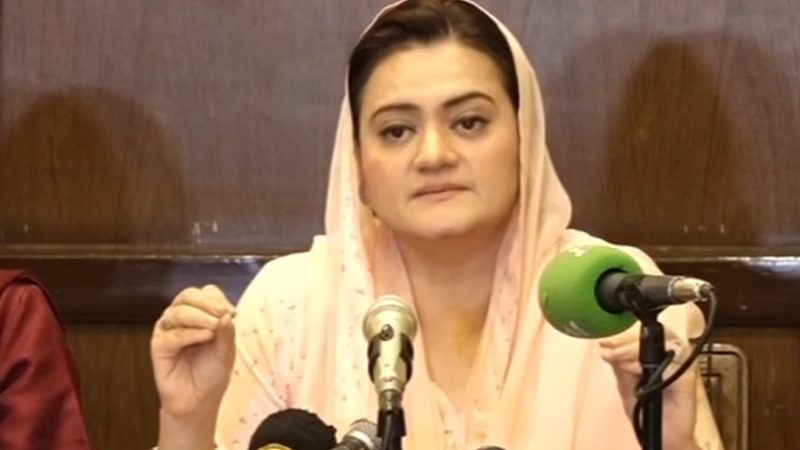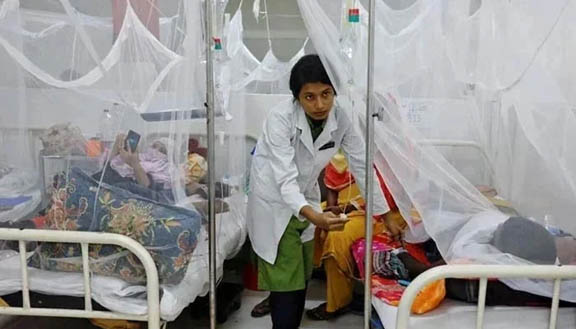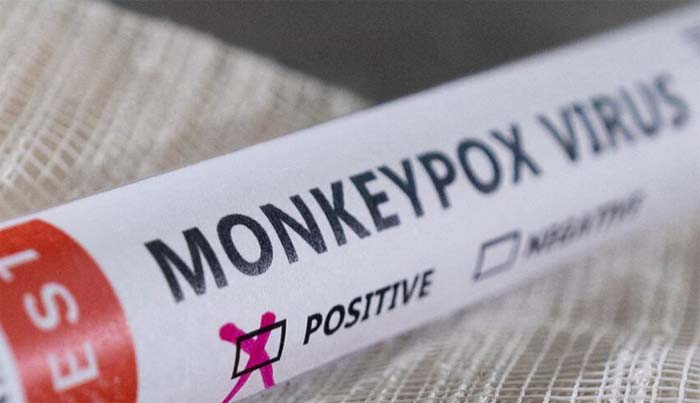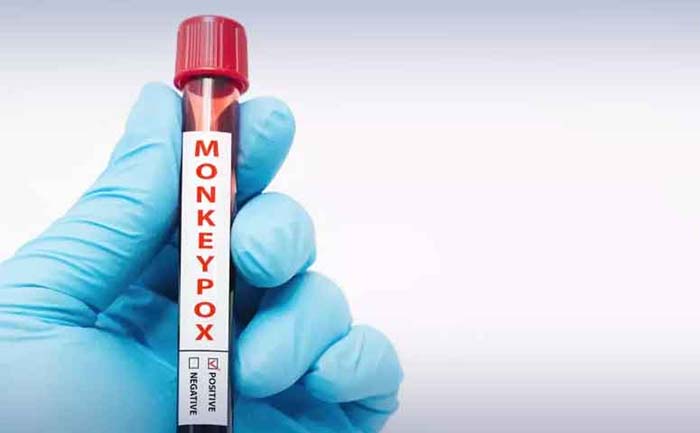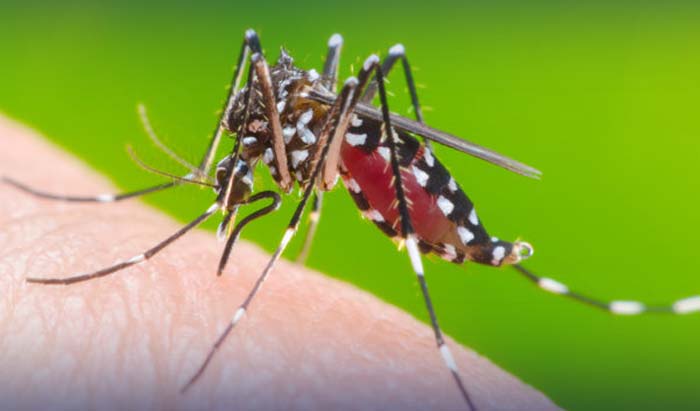‘Landmark’ advance as malaria vaccine first to hit WHO goal
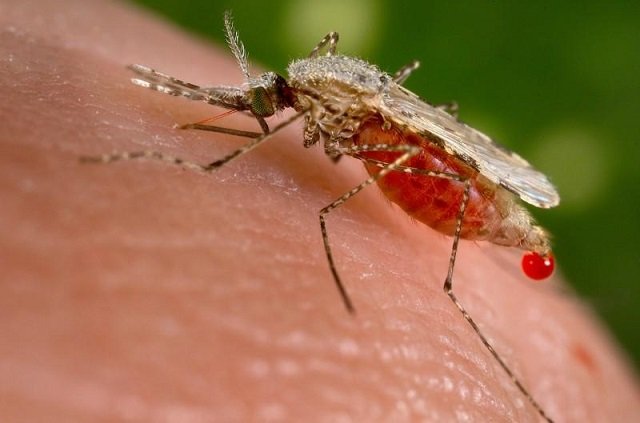
LONDON: A new malaria vaccine has proven 77 per cent effective in trials on infants, British researchers said Friday, in what could prove to be a potential game-changer against the deadly mosquito-borne disease.
In a clinical trial in Burkina Faso, the Matrix-M vaccine — developed by the University of Oxford’s Jenner Institute — was found to be 77 per cent effective after 450 infants inoculated in 2019 were followed up for a year, the Oxford researchers said in a statement.
No serious adverse events were reported.
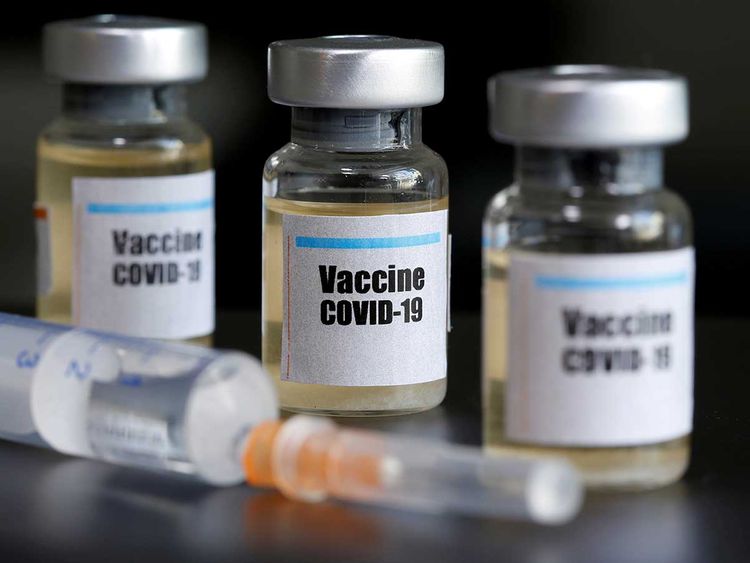
It is the first candidate vaccine for malaria to surpass a target set by the UN’s World Health Organisation, for researchers to create a jab of 75 per cent efficacy by 2030.
A broader “Phase 3” trial involving 4,800 children will now be carried out in four African countries, in collaboration with the Serum Institute of India and the US pharmaceutical company Novavax.
Professor Adrian Hill, head of the Jenner Institute — which developed the coronavirus vaccine now being distributed worldwide by Anglo-Swedish pharma giant AstraZeneca — said the test results marked “a great day” in the global fight against malaria.
“We need to build on this, we need to keep all our ducks in a row, we need to avoid any safety signal, but I think the odds are now on our side, we can get this through,” he told the PA news agency.
He pointed out that vaccines against Covid-19 were approved rapidly while the first trials for one against malaria date all the way back to the 1940s.
Ahead of World Malaria Day on Sunday, the UN health agency has insisted that elimination of the disease that kills some 400,000 people each year around the globe is a “viable goal for all countries”.
But a vaccine breakthrough remains key, and British Prime Minister Boris Johnson said the Oxford trial result was a “landmark achievement”.
“Malaria kills hundreds of thousands of children a year. An effective vaccine holds out the possibility of ending this global tragedy,” he said on Twitter.
– Children at greater risk –
“Malaria killed at least four times as many more people in Africa last year as Covid did,” Hill said.
“And nobody for a moment questioned whether Covid should have an emergency use review and authorisation in Africa — of course it did, very quickly.
“So why shouldn’t a disease that firstly kills children rather than older people, certainly killed an awful lot more, be prioritised for emergency use authorisation in Africa?”
The Serum Institute has committed to make at least 200 million doses annually, and Hill said Matrix-M “has the potential to have major public health impact if licensure is achieved”.
The vaccine was given in a randomised trial involving 450 babies and toddlers aged five months to 17 months. A control group received a rabies vaccine instead.
The infants received a booster vaccine after a year.
Professor Charlemagne Ouedraogo, minister of health in Burkina Faso, said: “Malaria is one of the leading causes of childhood mortality in Africa.
“We have been supporting trials of a range of new vaccine candidates in Burkina Faso and these new data show that licensure of a very useful new malaria vaccine could well happen in the coming years.
“That would be an extremely important new tool for controlling malaria and saving many lives.”
The results of the clinical trial were reported in a pre-print article on the website of the British medical journal The Lancet.


